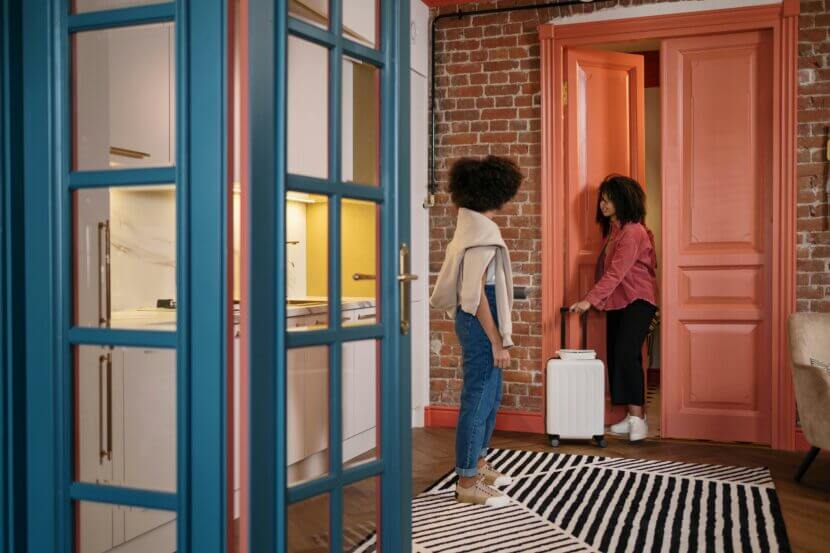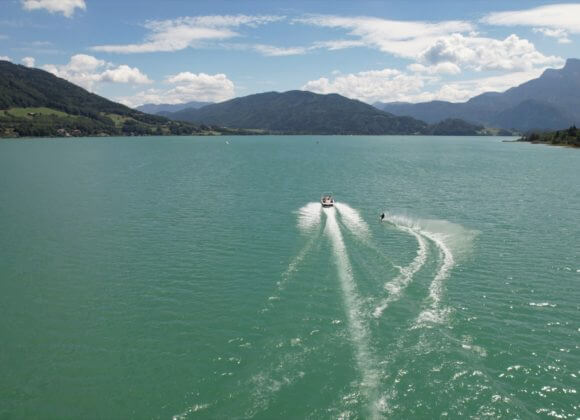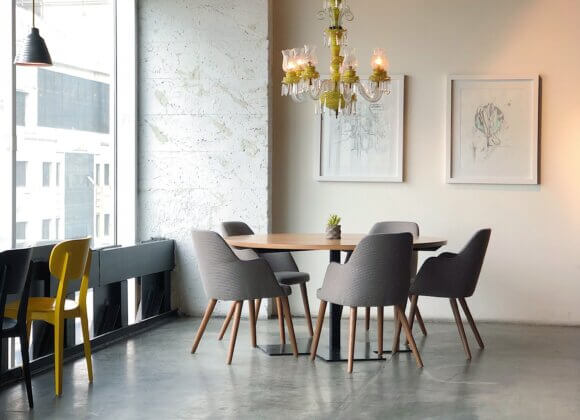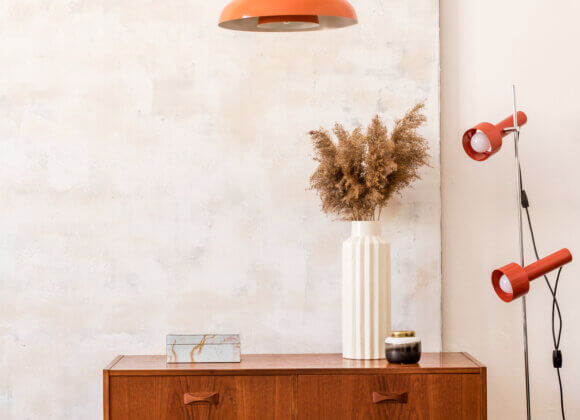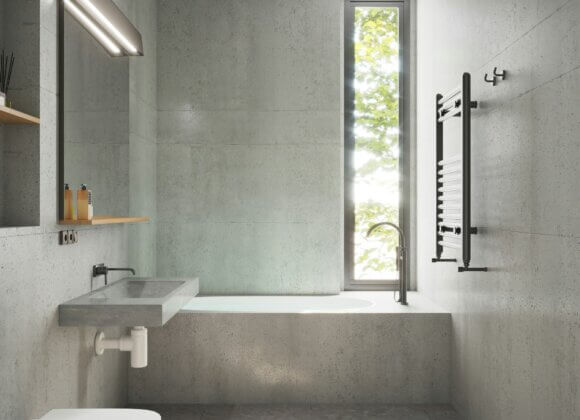In July, the City of Vienna once again tightened the rules for short-term tourist rentals. Marko Wahba from FSM Rechtsanwälte knows what you need to look out for in the future when renting via Airbnb & Co.
Affordable rental apartments are now in short supply in Vienna. One of the reasons for this is that renting out apartments to tourists on a daily or weekly basis has often proved to be more lucrative than long-term rentals. As a result, the property was withdrawn from the traditional rental market, putting further pressure on the tight housing market.
In view of this development, the City of Vienna already prohibited commercial letting, i.e. the regular, paid provision of residential space for accommodation purposes, for example via platforms, in 2018, in designated residential zones without an exemption permit. To find out whether the apartment is located in a residential zone, you can either ask the Urban Development Service Center or check the development plan.
New deadline
The amendment to the Vienna Building Code 2023, which came into force at the turn of the year, further tightened up short-term tourist rentals: from July 1, 2024, these will only be permitted for a maximum of 90 days per year, even in apartments outside residential zones.
If you wish to accommodate tourists beyond this period, you must apply for an exceptional permit from the MA 37 Building Police. There are two things to bear in mind: The permits are limited to five years, and they are only granted for a maximum of 50 percent of the apartments in a building.
A question of dedication
However, there are further requirements for the granting of the permit: Not only must the dwelling not be located in any residential zone, it must also not be in the zoning categories “grassland – recreation area – allotment garden area”, “grassland – recreation area – allotment garden area for year-round living” or on land temporarily used for allotment gardening, as stated in a leaflet from MA 37. “Furthermore, it must not have been built with funds from the housing subsidy,” explains Wahba.
From plans to fire protection
Anyone applying for a special permit must describe the apartment(s) to be rented out for a short period of time precisely and clearly and show them on a plan. In addition, a list of all units of use must be submitted according to their designation, type of use and the number of beds used for tourism. This means that the number of beds in the apartment for which the exemption is requested must be specified. If additional beds are used for tourism in the building, their number must also be stated.
Another issue is fire protection: different fire protection requirements must be verified depending on the total number of beds in the building: The installation of networked smoke alarms must be verified for up to ten beds used for tourism in the building. If more than ten beds in the building are rented out to tourists, graduated fire protection requirements must be observed and a building authority permit must be submitted. In this case, or in the case of a larger selection of food or drinks, this also constitutes the exercise of a regulated trade – therefore landlords must not only register this, but also present a certificate of competence.
Consent of the co-owners
Anyone who wants to regularly rent out their condominium to tourists must not forget another important point – the consent of the co-owners. “You should therefore definitely check the condominium agreement to see whether there is already a regulation on this. If not, you have to ask the other owners for their consent,” says Wahba. Their green light must also be presented when applying for the exemption permit.
If it is a rented apartment, it is advisable to take a look at the rental agreement. “In most cases, subletting is expressly prohibited,” says Wahba. Owners or tenants who do not adhere to this regulation can find it costly: Co-owners or landlords can sue for injunctive relief and, in the worst case, the tenant can also be threatened with termination.

High penalties
It can also become expensive if you rent out your own four walls to visitors to Vienna for longer than 90 days in future – without an exemption: In this case, there is an administrative fine of up to 50,000 euros or, in the case of the
A substitute custodial sentence of up to two weeks if the debt cannot be recovered. But that’s not all: “You should also keep an eye on this deadline when simply offering the property for short-term rental. If it can be found on platforms beyond this period, you could face this penalty,” says Wahba.
Observe reporting obligations
Commercial and private accommodation providers are obliged to report the number of guests and their overnight stays to the municipality on a monthly basis. The number of arrivals and overnight stays must be broken down according to the guests’ country of origin. The number of available guest beds must also be published once a year. Persons who privately rent out an apartment or one or more rooms in an apartment for tourism purposes are also explicitly obliged to report overnight stay data. Online platforms also have to report any private tourist accommodation in Vienna registered with them to the Vienna City Administration. However, this does not release accommodation providers from the statistical reporting obligation.
Home sharing still permitted
However, anyone who only rents out their home occasionally in the sense of “home sharing”, for example during their own vacation, may continue to do so in residential zones. The prerequisite is that own use for residential purposes predominates both in terms of time and space. “But the 90-day rule applies here too,” says Wahba.
Related posts:


